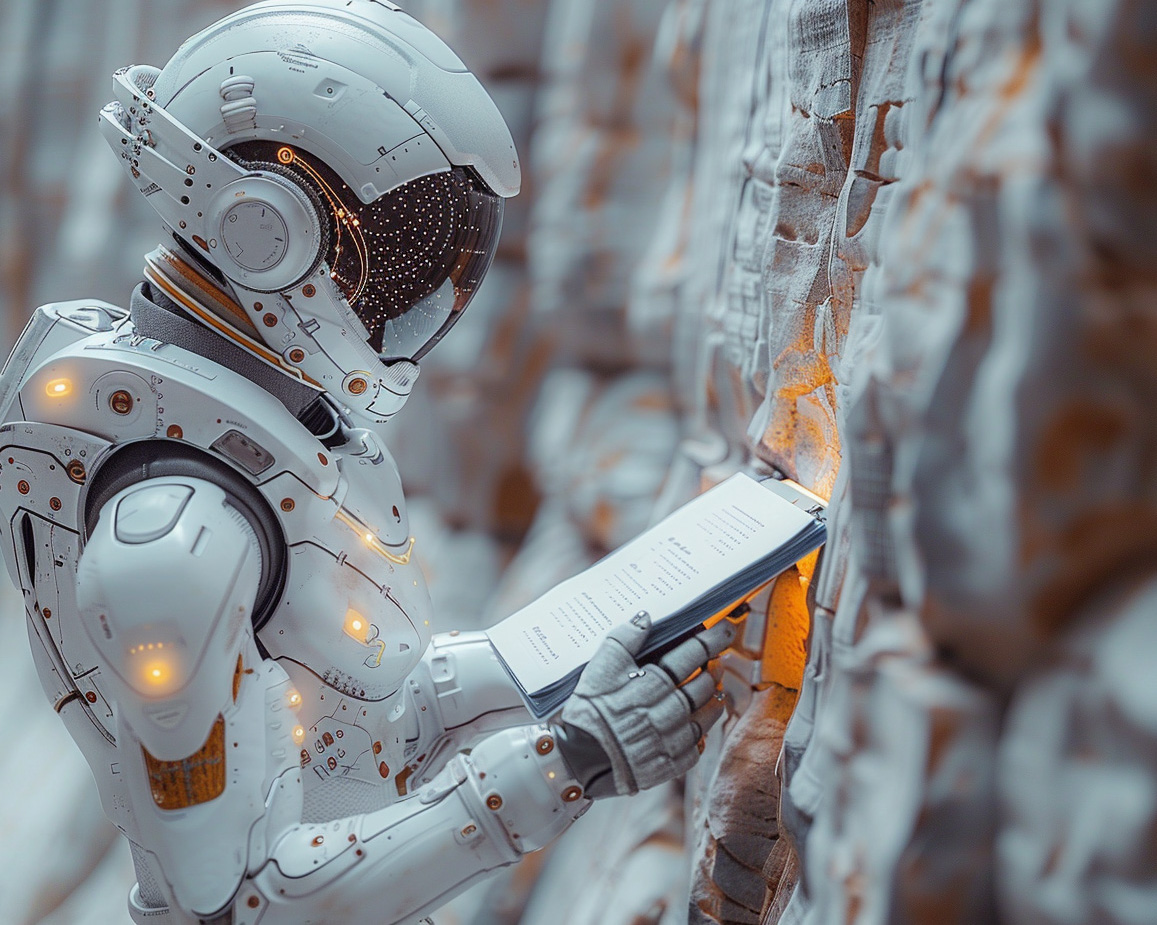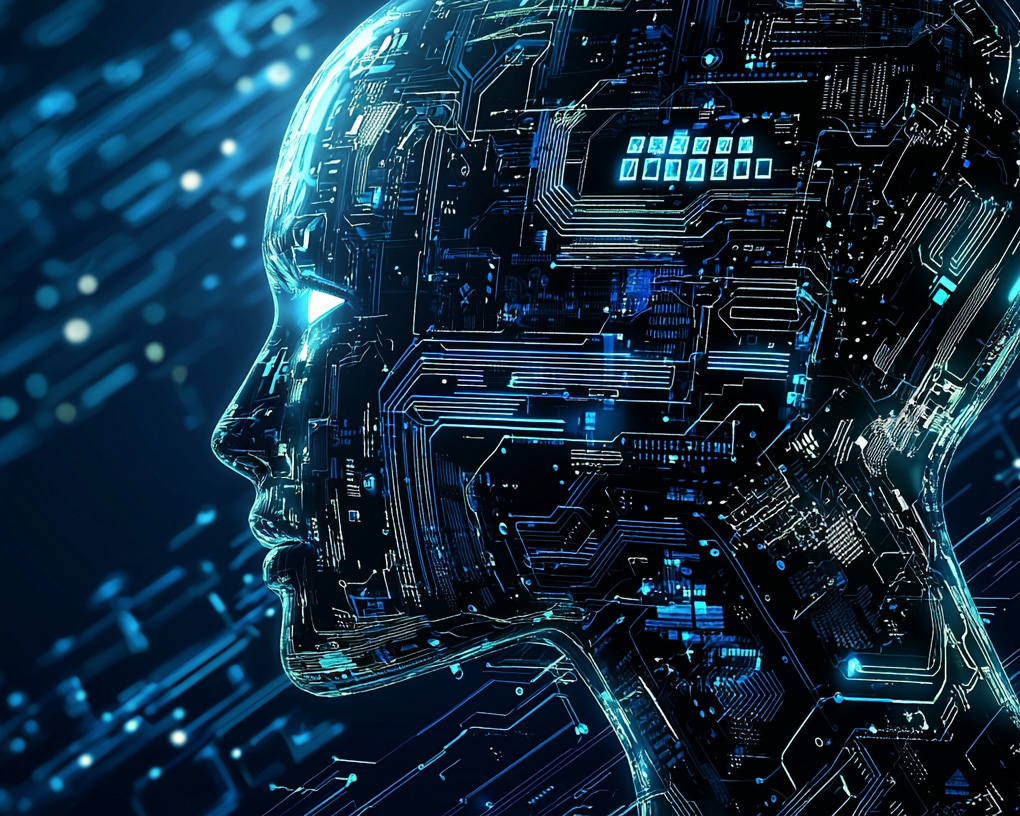Artificial Intelligence (AI) is no longer just a concept found in science fiction novels; it has become an integral part of our daily lives. From virtual assistants like Siri and Alexa to recommendation algorithms on Netflix and Amazon, AI is shaping the way we interact with technology. But what exactly is AI, and how does it work? In this article, we will explore the fundamentals of artificial intelligence, its various applications, and the ethical considerations surrounding its use.
What is Artificial Intelligence?
At its core, artificial intelligence refers to the simulation of human intelligence in machines that are programmed to think and learn like humans. This encompasses a variety of technologies and methodologies, including machine learning, natural language processing, and robotics.
Key Components of AI
- Machine Learning (ML): A subset of AI that enables systems to learn from data and improve their performance over time without being explicitly programmed. For example, email services use ML to filter spam messages.
- Natural Language Processing (NLP): This allows machines to understand and interpret human language. Applications include chatbots and language translation services.
- Robotics: The design and use of robots to perform tasks that typically require human intelligence, such as assembling products or performing surgery.
“Artificial Intelligence is the new electricity” — Andrew Ng
The Evolution of AI
The journey of AI began in the mid-20th century, with pioneers like Alan Turing and John McCarthy laying the groundwork. Here’s a brief timeline of significant milestones in AI development:
- 1950s: Alan Turing proposes the Turing Test to measure a machine’s ability to exhibit intelligent behavior. In 1956, the term “artificial intelligence” is coined at the Dartmouth Conference.
- 1980s: The rise of expert systems, which mimic the decision-making abilities of a human expert.
- 2000s: The advent of big data and improved algorithms leads to significant advancements in machine learning.
- 2010s: Deep learning, a subset of machine learning, gains popularity, enabling breakthroughs in image and speech recognition.
- 2020s: Generative AI and Societal Impact: OpenAI releases GPT-3, an advanced language model capable of generating human-like text with unprecedented coherence, advancing the field of natural language processing and sparking public interest in AI.
Applications of AI in Everyday Life
AI is not just a futuristic concept; it is already embedded in many aspects of our daily routines. Here are some notable applications:
Healthcare
- Diagnosis and Treatment: AI algorithms can analyze medical data to assist doctors in diagnosing diseases more accurately.
- Personalized Medicine: AI can help tailor treatment plans based on individual patient data.
Transportation
- Autonomous Vehicles: Companies like Tesla and Waymo are developing self-driving cars that use AI to navigate and make decisions on the road.
- Traffic Management: AI systems can optimize traffic flow in cities, reducing congestion and improving safety.
Entertainment
- Content Recommendations: Streaming services like Netflix use AI to analyze viewing habits and suggest shows or movies that users are likely to enjoy.
- Video Games: AI enhances the gaming experience by creating intelligent non-player characters (NPCs) that adapt to player behavior.
Finance
- Fraud Detection: AI systems can analyze transaction patterns to identify and prevent fraudulent activities.
- Algorithmic Trading: Financial institutions use AI to make high-speed trading decisions based on market data.
Ethical Considerations in AI
As AI continues to evolve, it raises important ethical questions that society must address. Here are some key concerns:
Bias and Fairness
AI systems can inadvertently perpetuate biases present in their training data. For instance, facial recognition technology has been criticized for its inaccuracies with people of color. It is crucial to ensure that AI systems are trained on diverse datasets to promote fairness.
Privacy
The use of AI often involves the collection and analysis of vast amounts of personal data. This raises concerns about user privacy and data security. Striking a balance between innovation and privacy protection is essential.
Job Displacement
As AI automates tasks traditionally performed by humans, there is a growing concern about job displacement. While AI can create new job opportunities, it is vital to prepare the workforce for this transition through education and training.
Conclusion
Artificial intelligence is a powerful tool that has the potential to transform various aspects of our lives. From healthcare to transportation, its applications are vast and varied. However, as we embrace this technology, it is essential to consider the ethical implications and strive for a future where AI benefits everyone.
As we move forward, staying informed about AI developments and engaging in discussions about its impact will be crucial. What are your thoughts on the role of AI in our society? Share your insights in the comments below!
For further reading on AI, check out this article on the future of AI and explore how it might shape our world in the coming years.




